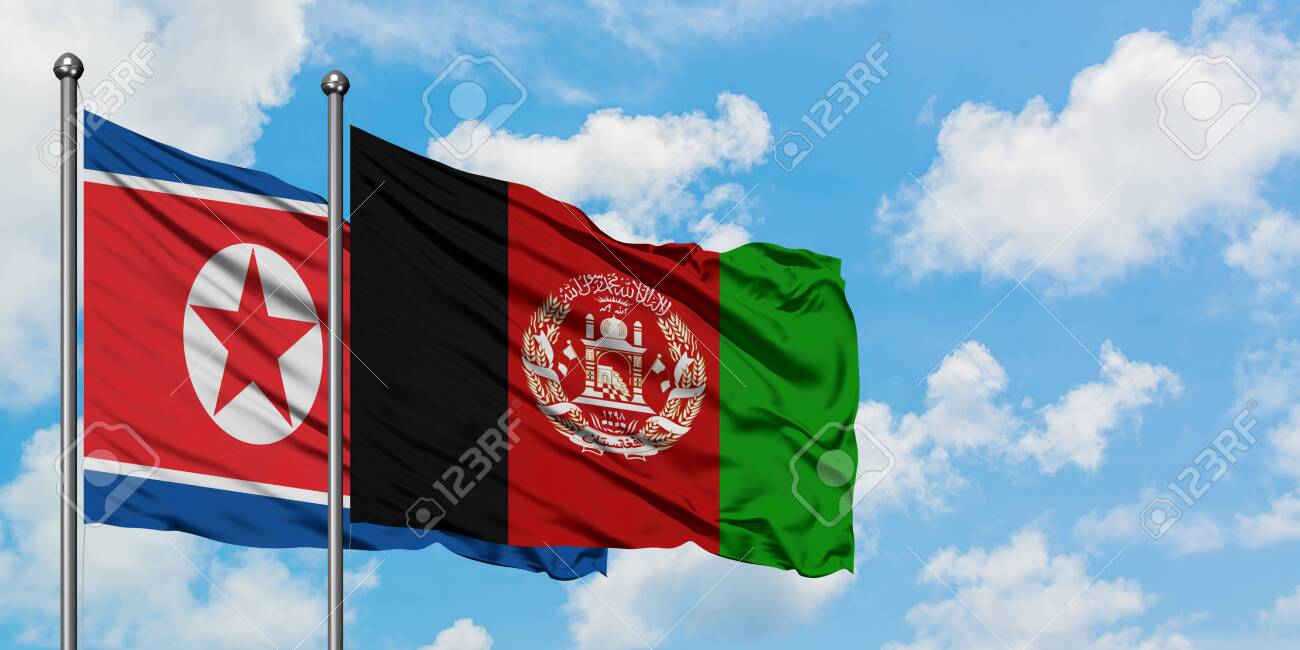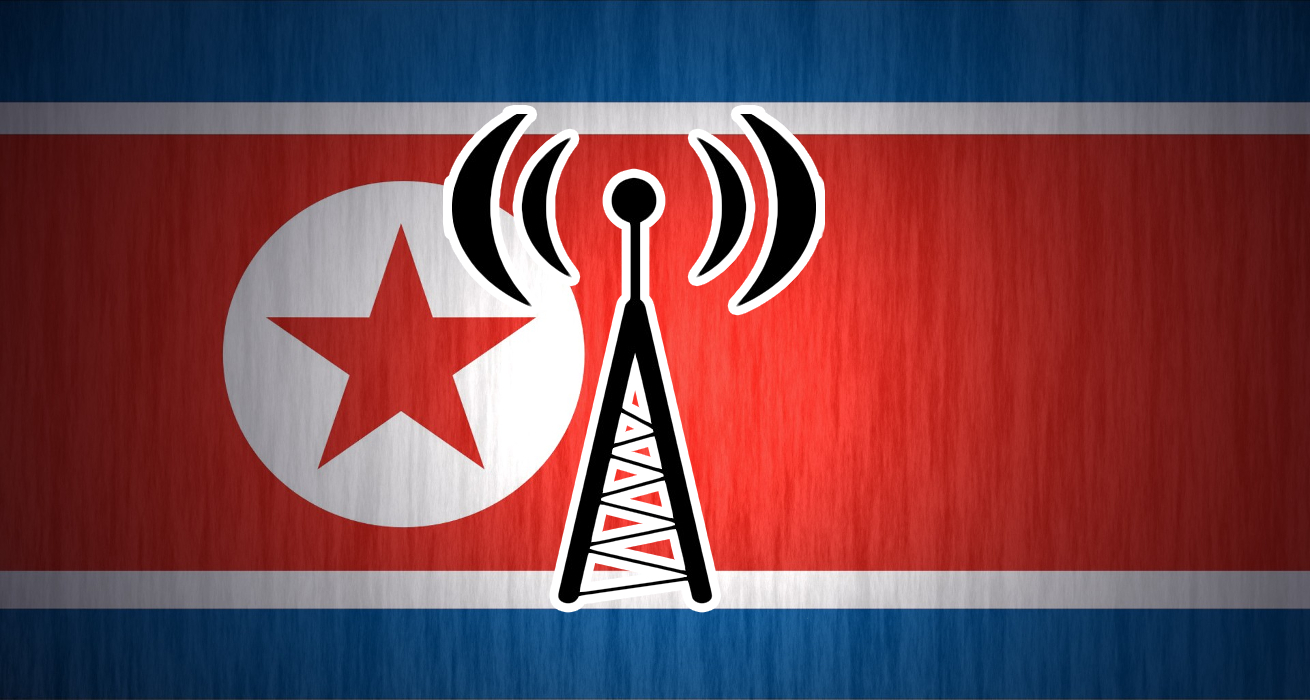PP #2- Radio
Afghanistan and North Korea

Radio has long been vital medium for communication, especially in impoverished and geographically remote areas. In counties like Afghanistan and North Korea, where access to information can be severely restricted, radio servers as a lifeline for news, entertainment, and cultural expression. this blog explores how radio stations in these two nations are formatted, their programming focus, and what their broadcast reveals about the countries freedoms and cultures.
In Afghanistan, radio remains one of the most accessible forms of media. A diverse range of stations operates across the country, including independent outlets like Radio Azadi and government-affiliated stations. News: Stations such as Radio Azadi prioritize unbiased reporting, offering coverage of local, national, and international news. They play a crucial role in providing updates on the political situation, security issues, and human rights conditions. In contrast, state-run channels often present news that aligns with the government's narrative, promoting a singular viewpoint. Sports: Sports coverage, particularly cricket, is immensely popular. Stations often provide live commentary on matches, interviews with athletes, and discussions on sports events, connecting listeners to a larger global sports culture.
https://streema.com/radios/country/Afghanistan
Listening to English-language broadcasts from Afghanistan reveals the complexities of its media landscape. Independent outlets provide a platform for dissent and diverse opinions, reflecting a yearning for freedom and democracy among the populace. In contrast, state-controlled media often disseminates propaganda, portraying a sanitized version of reality. The cultural programming, especially music and storytelling, showcases Afghanistan’s rich heritage and resilience. However, the precarious security situation and government censorship pose significant challenges to free expression, revealing a landscape where creativity often flourishes in secret.
In stark contrast, North Korea’s radio landscape is dominated by state-run channels. The Korean Central Broadcasting Committee oversees all broadcasting, and content is heavily curated to reflect the regime's ideology. News: News broadcasts are strictly controlled and serve primarily as a means of propaganda. Reports focus on the accomplishments of the Kim regime and often include glorified narratives about the Supreme Leader. Any mention of international news is filtered through a lens of hostility toward perceived enemies, particularly the United States and South Korea. Sports: Sports coverage is minimal and usually limited to achievements in international competitions, showcasing North Korea’s prowess while promoting national pride. However, such coverage is often overshadowed by the need to maintain an image of strength and superiority.
http://www.vok.rep.kp/index.php/home/main/en
English-language broadcasts from North Korea paint a stark picture of oppression and control. The absence of independent journalism reflects the regime’s tight grip on information. Listening to these broadcasts reveals a culture steeped in propaganda, with little opportunity for individual expression or dissent. The stark contrast between North Korea's state-controlled media and Afghanistan's independent outlets highlights the varying degrees of freedom experienced in each country. While Afghan stations strive to provide diverse perspectives amidst challenges, North Korean broadcasts epitomize the extent of censorship and the lack of freedom of expression.

In both countries, propaganda plays a significant role in shaping public perception and national identity.
Afghanistan: State-run stations occasionally engage in propaganda, particularly regarding military successes or government policies. However, independent outlets actively counter this narrative, often reporting on human rights abuses and government shortcomings, thereby serving as watchdogs.
North Korea: In North Korea, propaganda is pervasive and serves as the foundation of the regime’s legitimacy. Disinformation campaigns are designed to create an image of an invincible state while demonizing outside influences. The narrative is tightly controlled, leaving little room for alternative viewpoints.
Radio remains a powerful medium for communication in both Afghanistan and North Korea, albeit in vastly different contexts. In Afghanistan, independent stations offer a glimpse of hope and resilience, providing a platform for diverse voices and cultural expression. Conversely, North Korean broadcasts reflect the extent of state control and propaganda, illustrating a culture where free expression is stifled.
Comments
Post a Comment